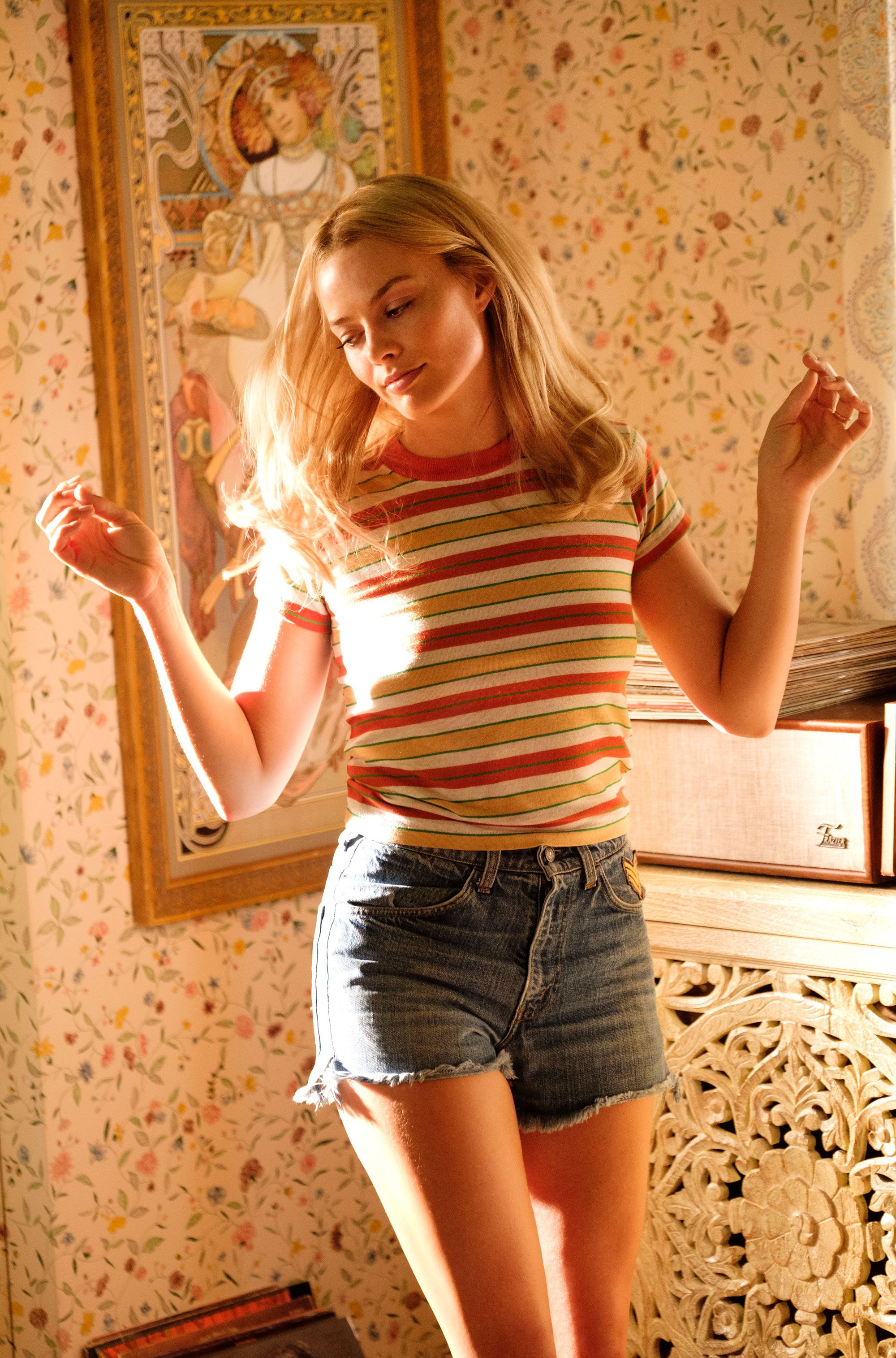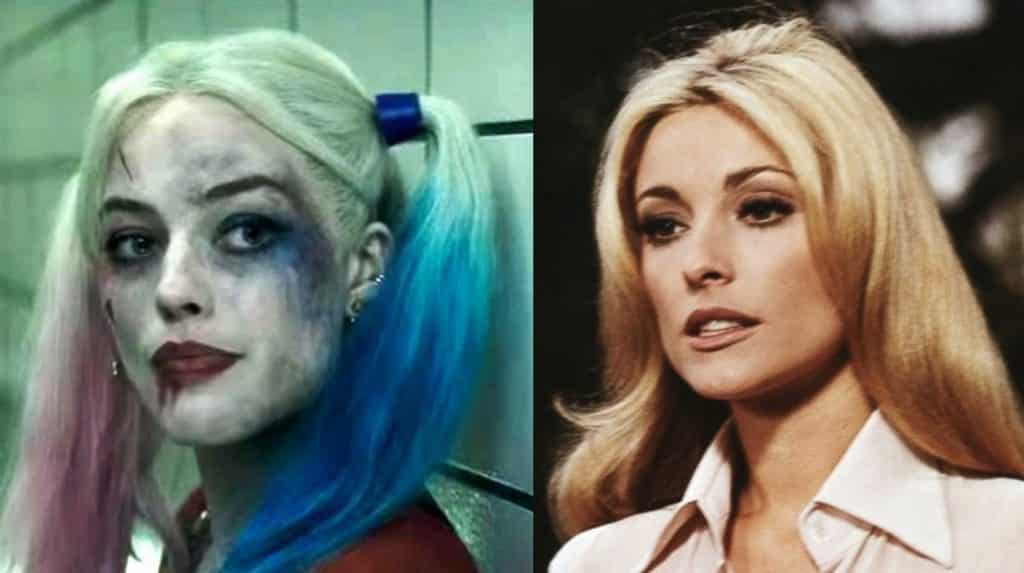

The result is listless theater with dull B.O. 12, 1972: A review of the New York production “22 Years” said playwright Robert Sickinger “compiled loosely knit scenes based on accounts of the slayings.

Events are keyed to the more publicized aspects of the killings, though hyped with an inordinate amount of sexploitation material.” 1, 1971: A review of a drama “Sweet Savior” said the film “capitalizes on the Sharon Tate tragedy in an offensive grab for quick box office. 20, 1971: A story said the film “The Other Side of Madness” “presents a lengthy, graphic reenactment of the Sharon Tate murders in such detail that lawyers for Charles Manson have expressed amazement at the accuracy of depicted events.” Other low-lights, as reported in Variety: A blurb on the book promised that reading it would require “A strong stomach and an overwhelming curiosity.” 27, Variety reported that Life entertainment editor Dan Merriman had commissioned a series of “think pieces” for the magazine, including one that would address the murders and “their ramifications on the whole Hollywood drug scene.” Print and broadcast journalists, as well as talk-radio callers, offered theories trying to connect the Satan worshippers in “Rosemary’s Baby” with the lifestyle of Tate’s husband, director Roman Polanski.įive months after the killings, Variety reported that New American Library was rushing to print a book “The Killing of Sharon Tate,” written by newspaper reporter Lawrence Schiller and one of the accused women (Susan Atkins). The media was obsessed with the killings, often trying to blame the victims, as if their lives were filled with drugs and debauchery. Police didn’t immediately link the two crimes. 9 murders on Cielo Drive, and the killings the following day of Leno and Rosemary LaBianca. In the weeks after the murders, Variety reported on updates in the police investigation of the Aug. She offered a few details from 1969 that served as a reminder: No matter how awful the descriptions, the real thing was much worse. A victims’ rights activist, she lamented Hollywood’s glamorizing of the Manson family and urged no parole for its remaining members in prison. In November 2018, Debra Tate (Sharon’s sister) wrote a piece for Variety’s special issue on criminal justice reform, American (In)Justice.

Even with a “classy” production like the 1976 “Helter Skelter,” Variety reported that Lorimar intended to “spice up” the four-hour miniseries for overseas by adding more violence and sex. 11, 1969, two days after the killings, said police described the scene as “a ritualistic mass murder.” Showbiz has since then offered many tasteless depictions of the killings via low-budget exploitation films and TV offerings.

Sony opens Quentin Tarantino’s “Once Upon a Time … in Hollywood” on July 26, close to the 50th anniversary of the murder of Sharon Tate and four others.


 0 kommentar(er)
0 kommentar(er)
